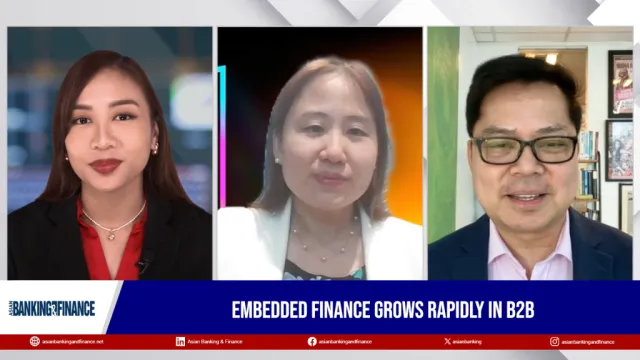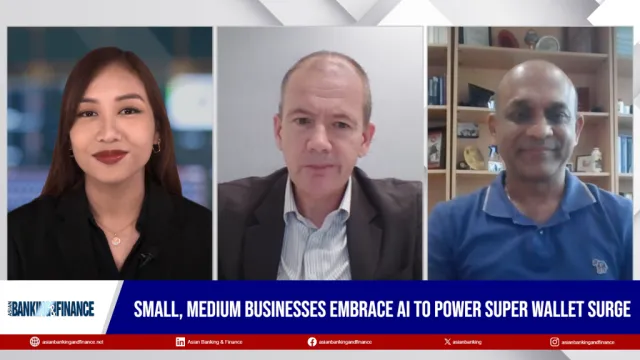Hong Kong
Hong Kong banks to suffer from profit decline post QE3
Hong Kong banks to suffer from profit decline post QE3
Banks will struggle to write new mortgages to offset an annual repayment rate of ~15%.
This is how Hong Kong banks fared post QE1/2 in 2008
System deposit balance surged to HK$7tn.
Hong Kong Islamic finance bill gears up for 2013
Taxation framework for 'sukuk' are under way.
Chongqing Rural Commercial Bank's net profit up 28.1% to RMB1.36bn
But the 51% slump in net fee income was disappointing.
Analyst worried over BOCHK's unsustainable trading income-driven revenue
But pre-provision operating profit rose by 5% to HKD18.9b in the first nine months of 2012.
Raiffeisen Bank International now in Hong Kong
Austria’s third largest bank can now do business in Hong Kong.
Raiffeisen Bank International AG gets banking license in Hong Kong
This brings the number of licensed banks in Hong Kong to 155.
Hong Kong banks on their own in Basel III
Hong Kong banks will have to turn to local fund-raising strategies to meet Basel III’s tougher liquidity requirements.
Ten ways to crack the job market in Hong Kong and Singapore
Hong Kong and Singapore are popular places to build careers. When my company surveyed financial professionals there, about 80 per cent recommended their cities as places to live. Plenty of people from outside Asia want to break into these markets, too. Recruitment agencies, employers and job boards like mine all report a continued flow of CVs from the West into Asia.
Hong Kong banks told to toughen home mortgage requirements
Hong Kong ordered banks to toughen lending requirements for those with more than one mortgage on residential property.
SBI Cards plans to double its credit card base by March 2015
SBI Cards aims to more than double its credit cards in circulation over the next three years.
Indonesia's Bank Mandiri to fortify Hong Kong unit
Encouraged by the huge remittances in its Hong Kong branch, Bank Mandiri is aiming to strengthen its business in the said country.
Offshoring popular among Hong Kong banks
An Asia-wide survey of the financial services sector found that 63% of Hong Kong banks and financial companies believe offshoring effective.
Bank of East Asia profit jumps 10%
Bank of East Asia Ltd reported a net profit of HK$2.99 billion in the first-half.
Foreign expansion a matter of survival for Asian banks
Asian banks will continue expanding overseas to grow faster and improve yields.
Piper Jaffray to leave Hong Kong as economy sours
US investment bank Piper Jaffray & Co will exit its money-losing operations in Hong Kong this September
RMB trade settlements settled through HK
Eleven percent of China's trade in 1Q12 were RMB trade settlements that were mostly settled through Hong Kong.





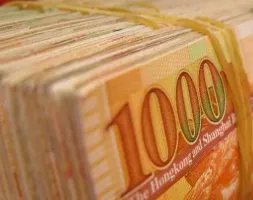



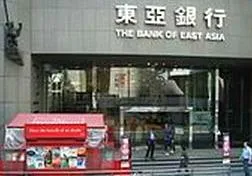


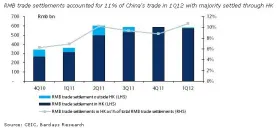

 Advertise
Advertise




